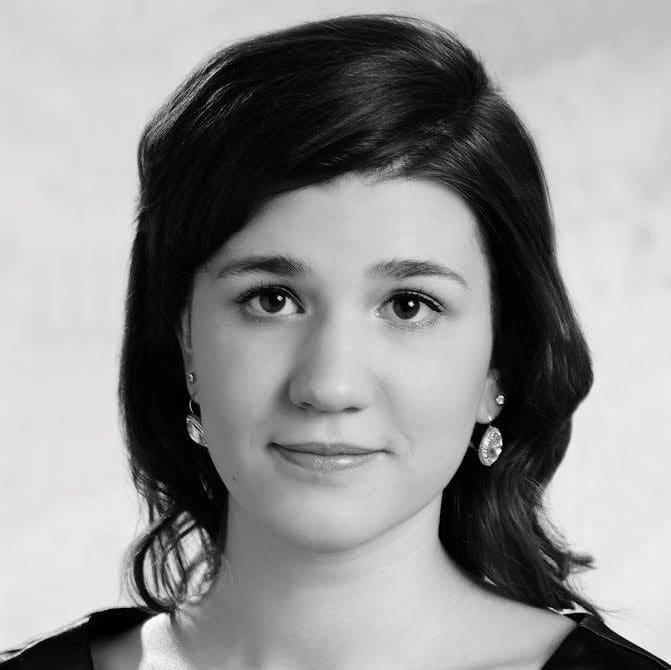



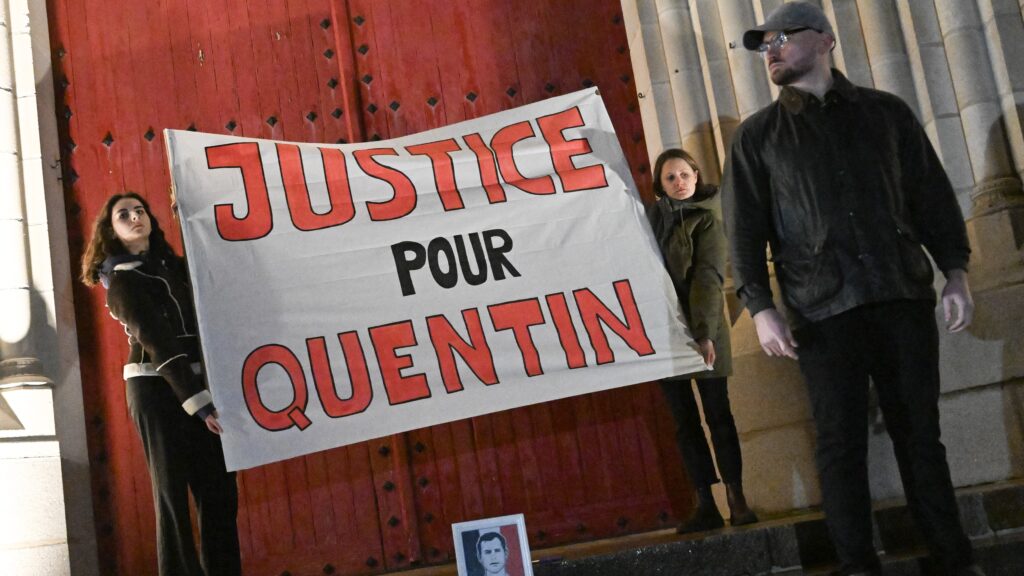
‘The violent activists of the radical left group were closely associated with the La France Insoumise (LFI) party, which is now under fire for the beating. The Young Guard, the anti-fascist group that is responsible for the attack on Quentin’s life, was founded by Raphaël Arnault, who serves as LFI’s representative in the National Assembly.’

‘Eventually, a compromise was reached, and Kyiv was authorized to procure weapons from outside the bloc…In exchange for the purchases, these non-EU countries are required to participate in the cost of the loan. Brussels will negotiate the exact level of “fair and proportionate” contributions with each partner country individually.’
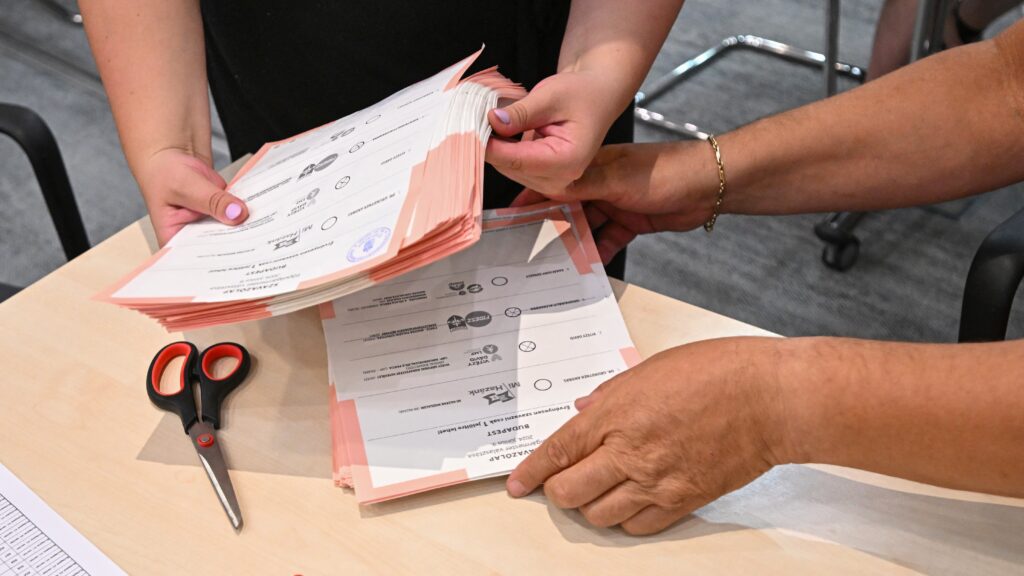
‘All Hungarian political parties are entitled to have representatives present at every polling station nationwide, where they participate directly in the vote count…In addition to this multiparty oversight, independent election observers…are free to move between polling stations on election day to verify the process. These safeguards ensure that election-day results cannot be manipulated.’
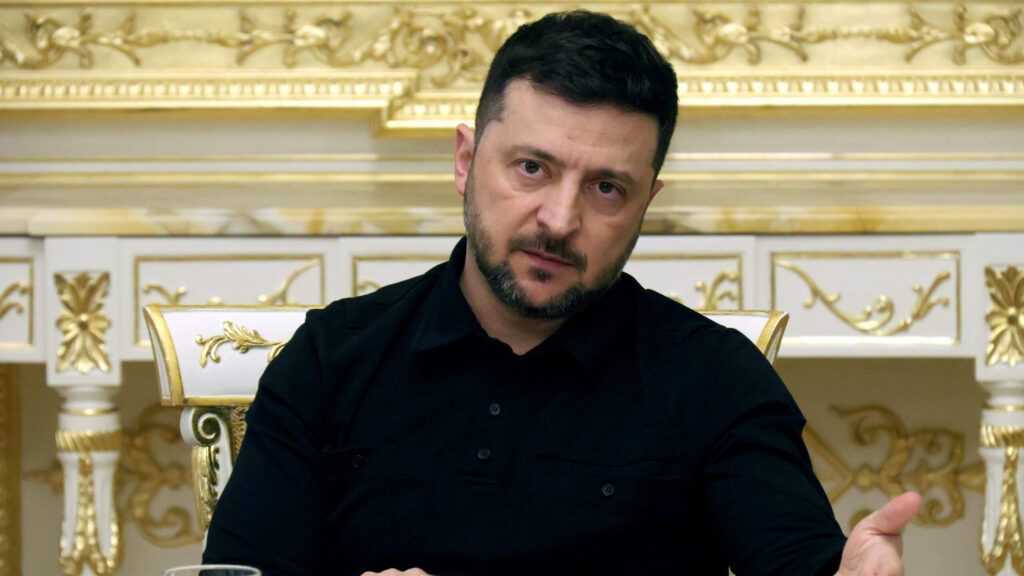
‘Budapest could not finance this without raising taxes and placing the burden of Ukraine’s “reconstruction” on the shoulders of Hungarian families. Financing Kyiv “will destroy the European Union,” commented on these plans Hungarian Prime Minister Viktor Orbán.’

The European Parliament’s first 2026 plenary session saw debates on the fourth motion of censure of the Commission, the Mercosur trade deal, and Hungary’s SAFE defence fund. Von der Leyen skipped the censure debate, Mercosur was referred to the Court of Justice, and Hungary’s access to SAFE funds faces opposition over alleged ‘corruption’.
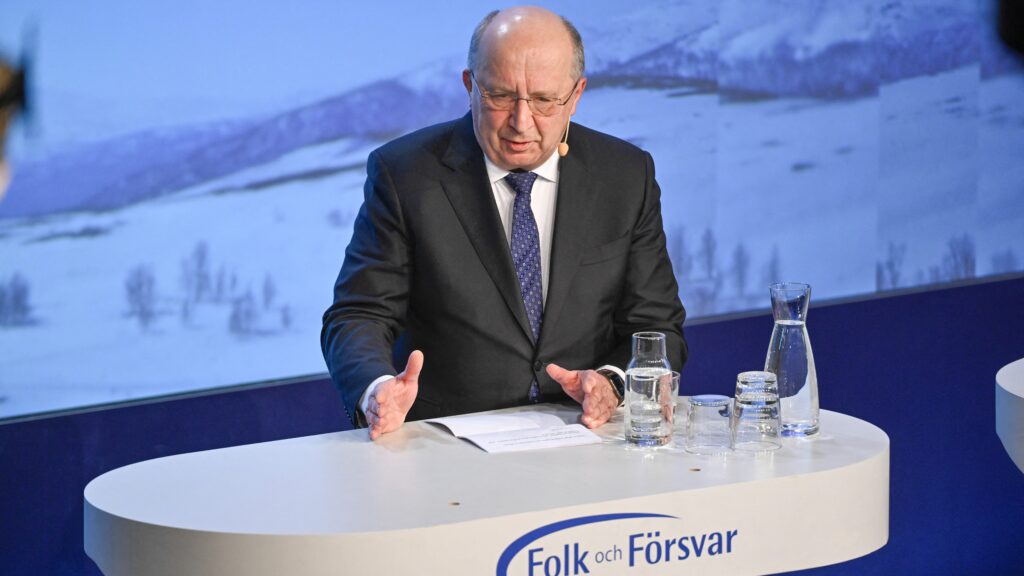
‘Commissioner Kubilius’ proposal for “rotating” membership in the envisaged Council amounts to an outright disregard for the Treaties—under such a plan, some countries would commit their armed forces to a “United Army of Europe” while having no say in its command. This idea violates not only the spirit of the EU Treaties but also fundamental democratic principles…’
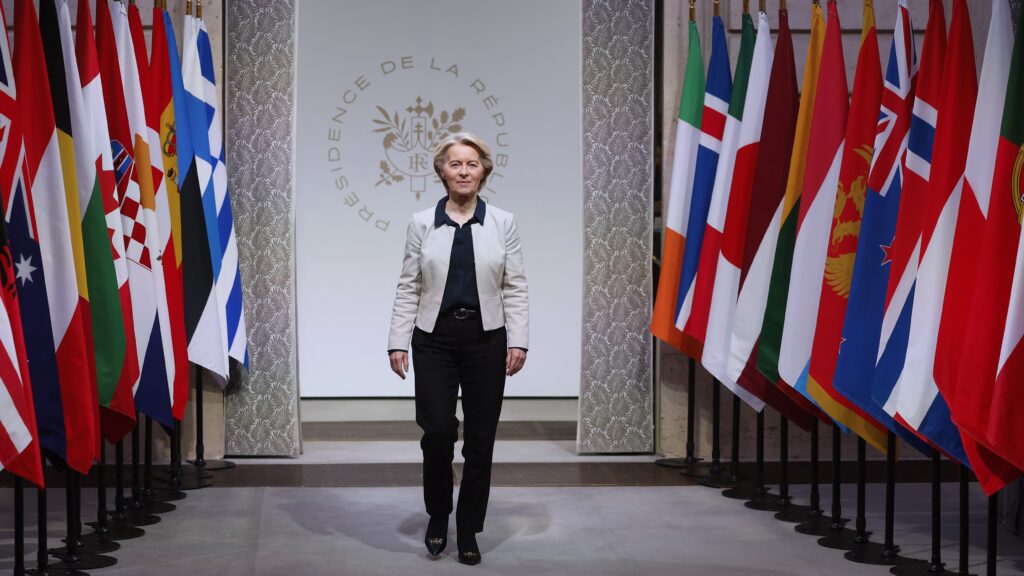
German MEP from the left-wing BSW Fabio De Masi sued the European Commission over its lack of transparency on arms-industry contacts. After months of incomplete replies, he argues the Commission violated EU treaties and the Parliament’s oversight rights—raising fears of a Pfizergate-like scandal amid the EU’s multibillion-euro defence spending.
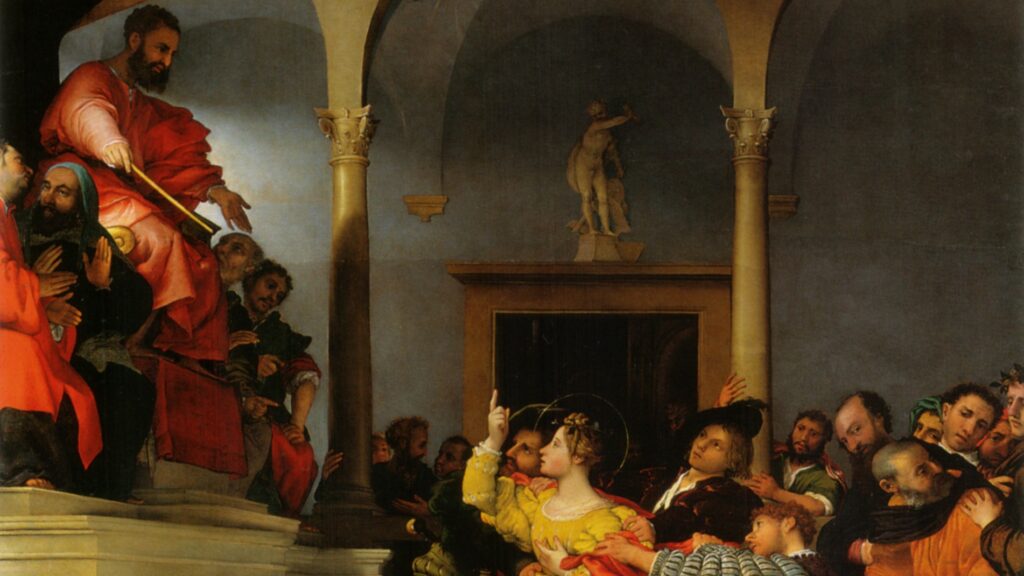
‘While the saint who gave the mid-December celebration its name is known for her kindness and benevolence, in folklore the day is nevertheless more closely associated with evil—and with its female agents: witches.’
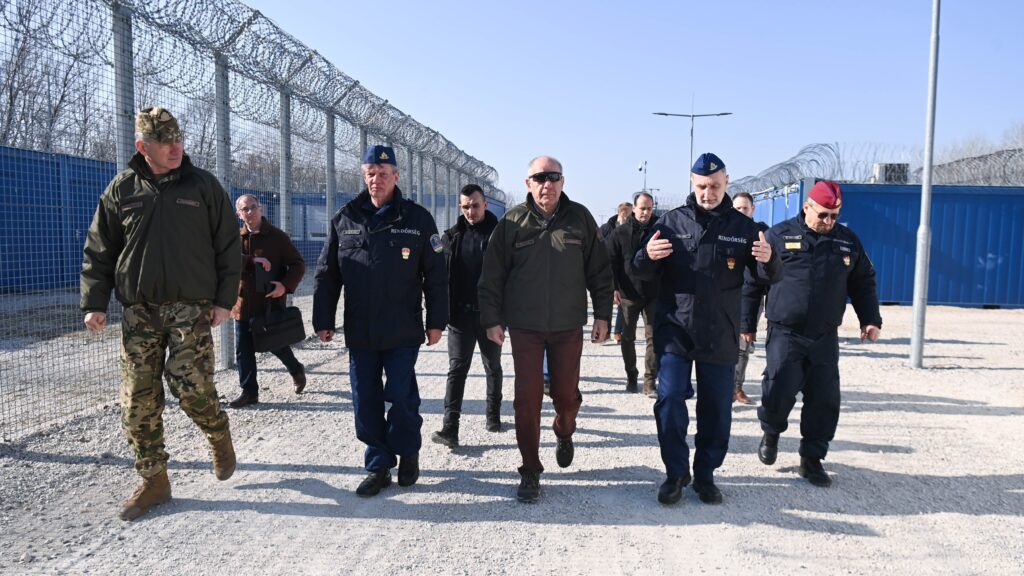
‘Some argue, however, that the EU’s “solidarity” pool is nothing but a punishment for those countries that handled migration well over the years.’
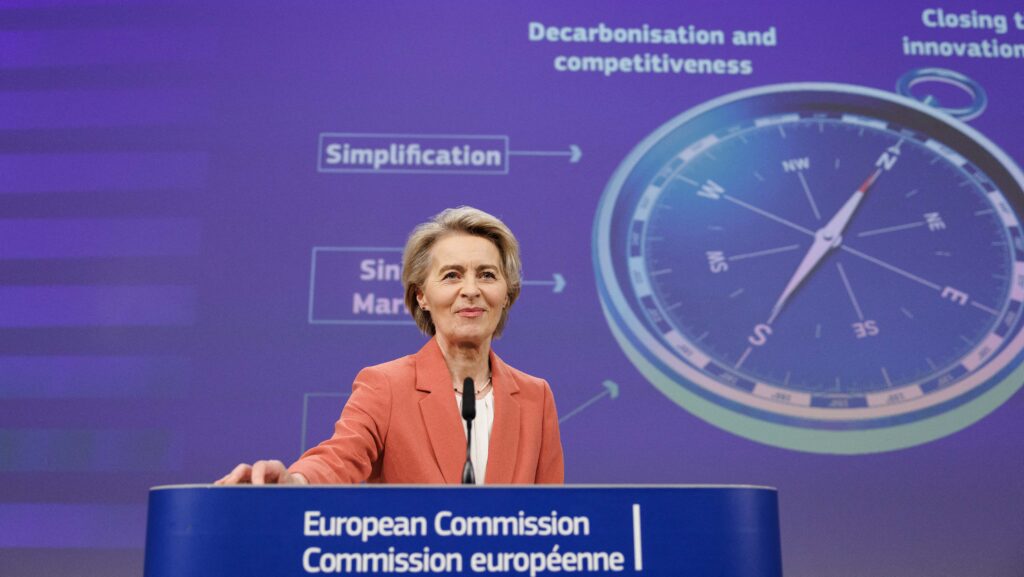
‘The Commission’s initiative…is more than just stigmatizing content deemed “false” by Brussels’s fact-checkers. It is also about setting up a closely aligned network in Europe that can coordinate to spread “correct” and “truthful” information—while being paid by Brussels.’
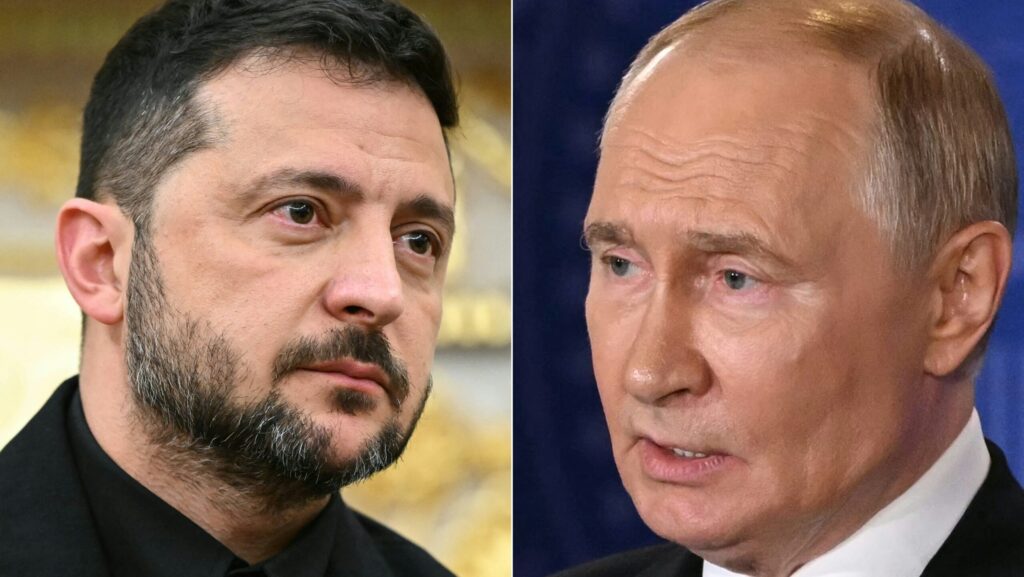
‘Washington proposes to recognize Crimea, Luhansk and Donetsk as de facto Russian, and freeze the conflict at the battlelines in Kherson and Zaporizhzhia oblasts…Naturally, the European plan disagrees with this proposal and recommends freezing the frontlines as they are, with the option to negotiate territorial swaps later.’
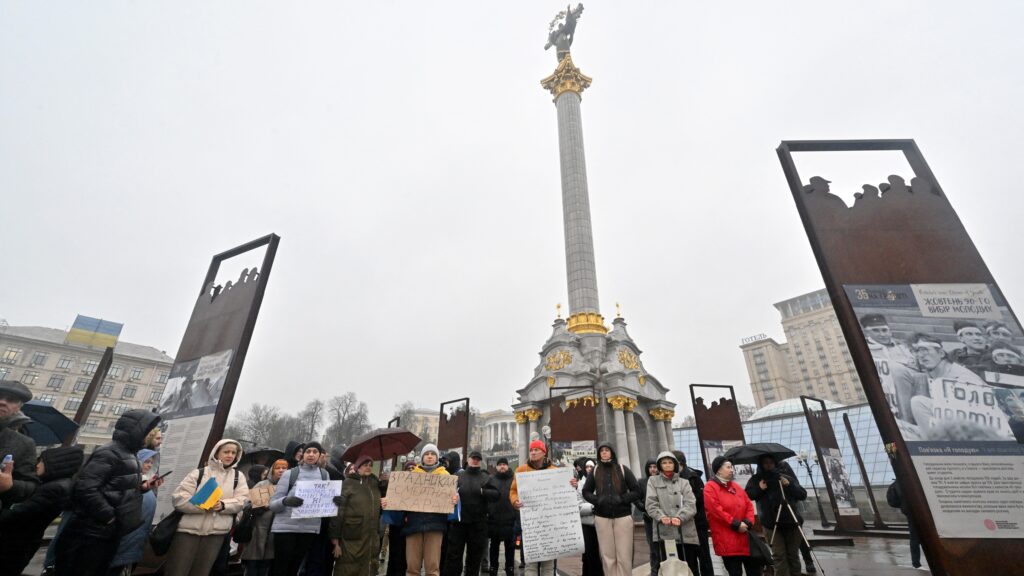
‘While Hungary called for more oversight and transparency, the European Parliament’s majority actively undermined these attempts.’
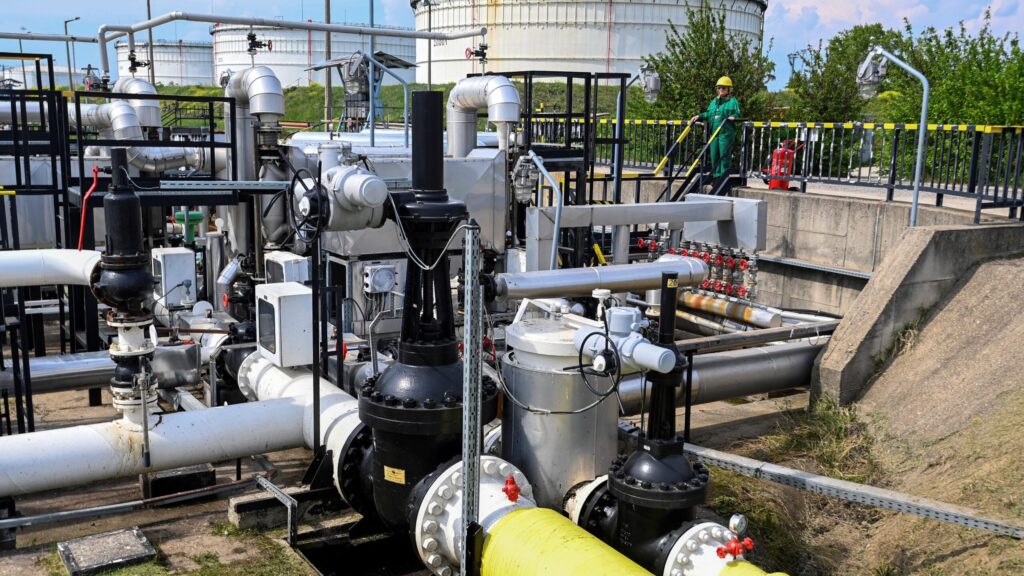
‘Shortly after the press conference between the two countries, the mainstream media began to sow doubts about Hungary’s diplomatic achievement. Citing anonymous sources, Reuters and the BBC started to spread rumours that Hungary received its exemption for only one year.’
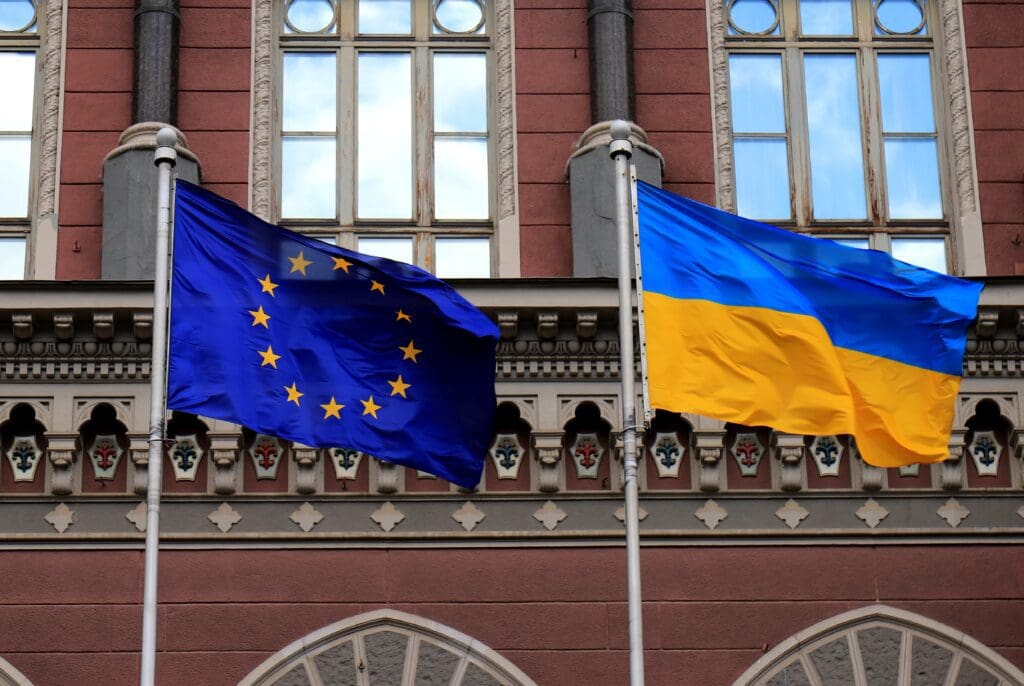
‘According to the European Commission, Ukraine has made significant progress on its enlargement path, so much so that it has already met the conditions to open clusters on fundamentals, external relations, and the internal market…Berlaymont does not rule out the feasibility of Ukraine’s accession by 2028.’
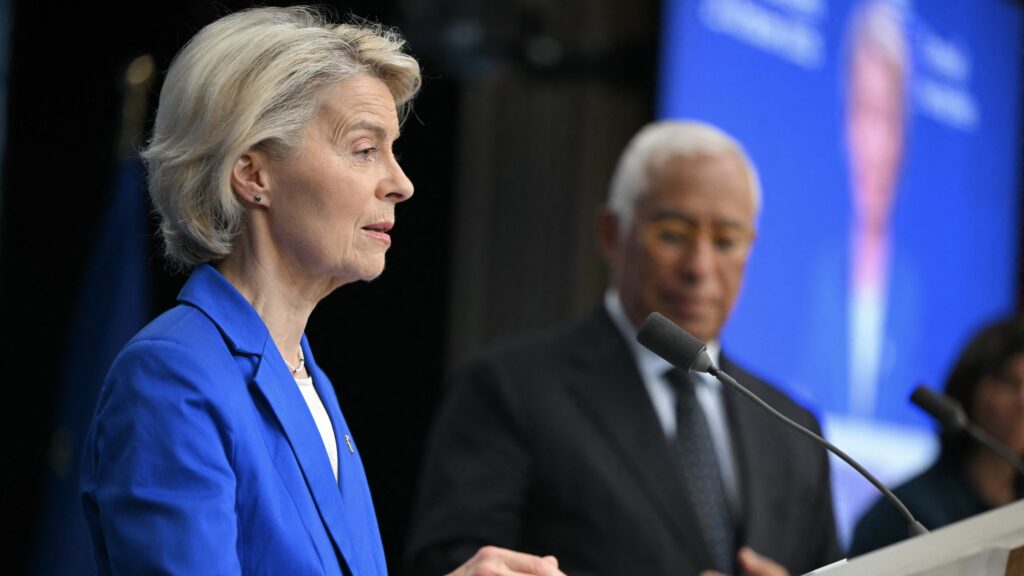
‘Belgium, where most of these Russian assets are held (by the Belgian financial institution, Euroclear), is strongly resisting the European Commission’s push to use them. It fears not only repercussions from Russia, but also the capital markets losing trust, which could have long-term consequences on third countries’ willingness to invest and keep their assets in Belgium, or in Europe, indeed.’
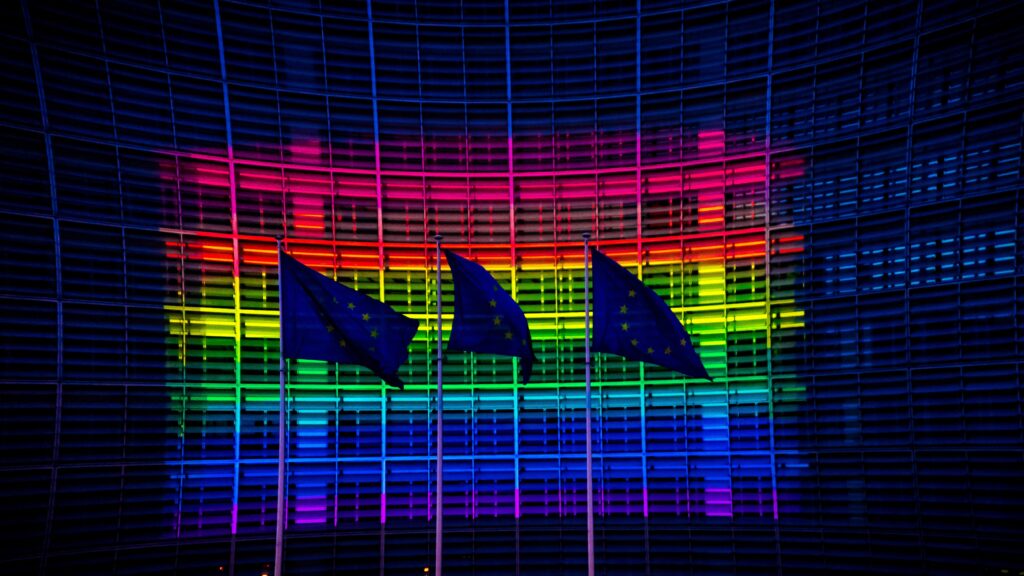
‘In its LGBTIQ+ strategy, the Commission proposes to include hate speech in the…list of serious crimes—all to “better protect” the LGBTIQ community. This would not only mean that the 27 Member States would need a common approach to defining what constitutes “hate speech” but also that all EU countries would be required to fight against such crimes collectively.’
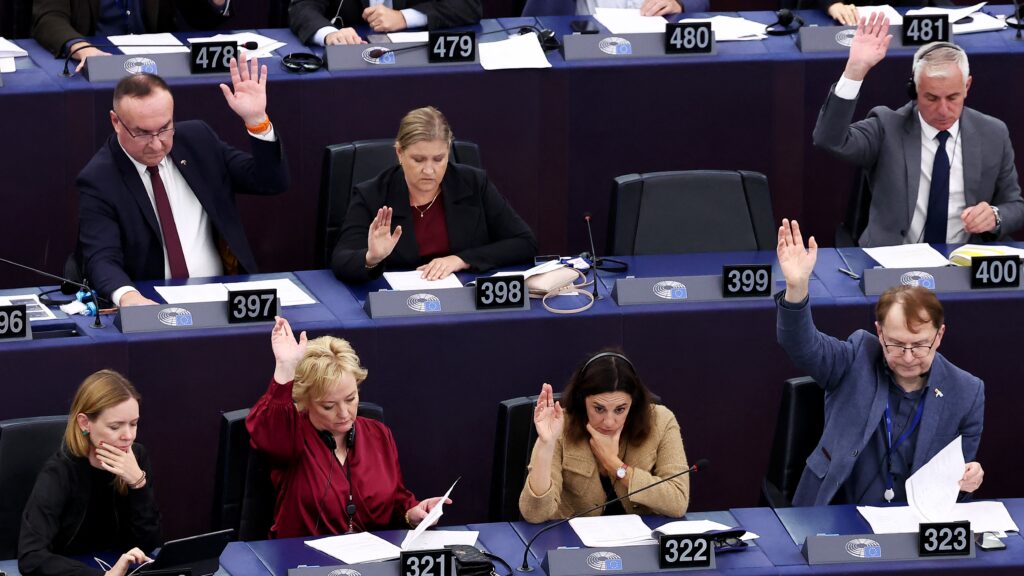
‘The debate on the motions took place on Monday, followed by the vote on Thursday. The Patriots criticized the Commission’s trade deals: not only the EU–US deal, which introduced high tariffs on European exports, but also the Mercosur agreement, which opens European markets to cheap agricultural products from Latin America.’
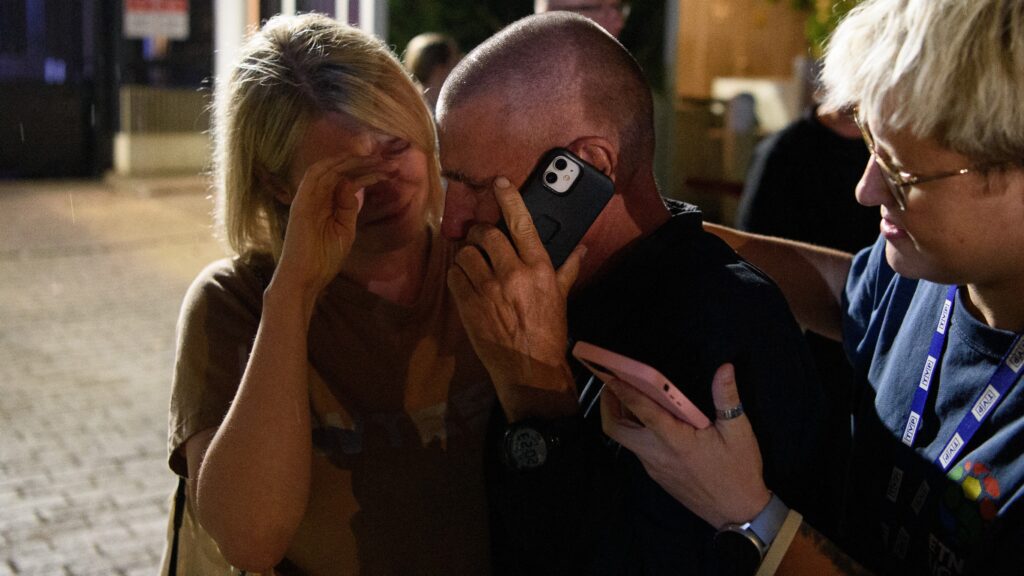
‘This is precisely the power of diplomacy. Minsk’s example demonstrates that authoritarian regimes respond to smart diplomacy. The leaders of such countries also react to incentives—be it better trade deals or a bit of international spotlight.’
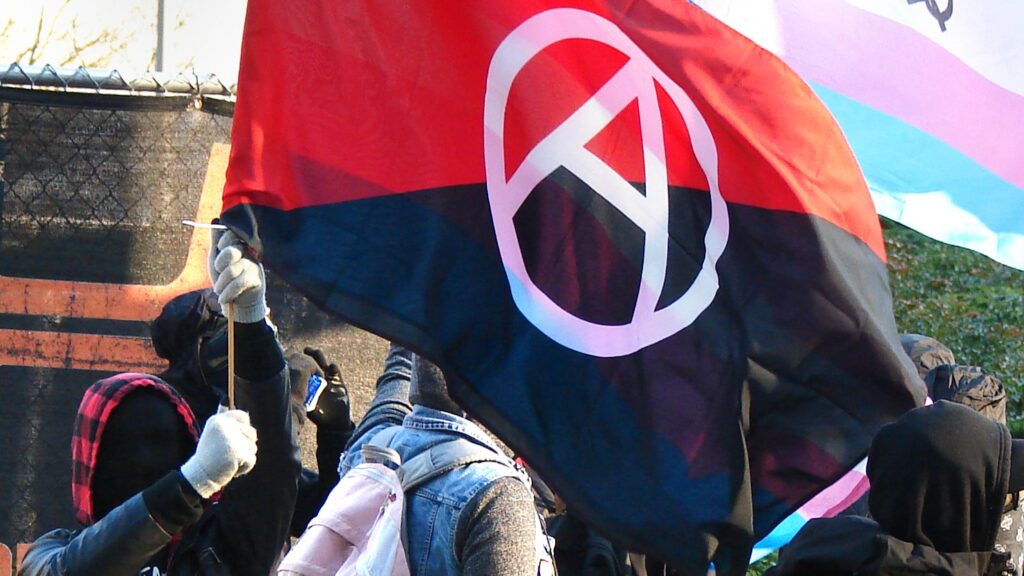
Hungary is urging the EU to classify Antifa as a terrorist organization following the assassination of free speech activist Charlie Kirk. With past violent attacks in Budapest and controversial EP immunity for suspect Ilaria Salis, officials argue that Antifa poses a serious threat to public safety and that Brussels must align with US counterterrorism measures.
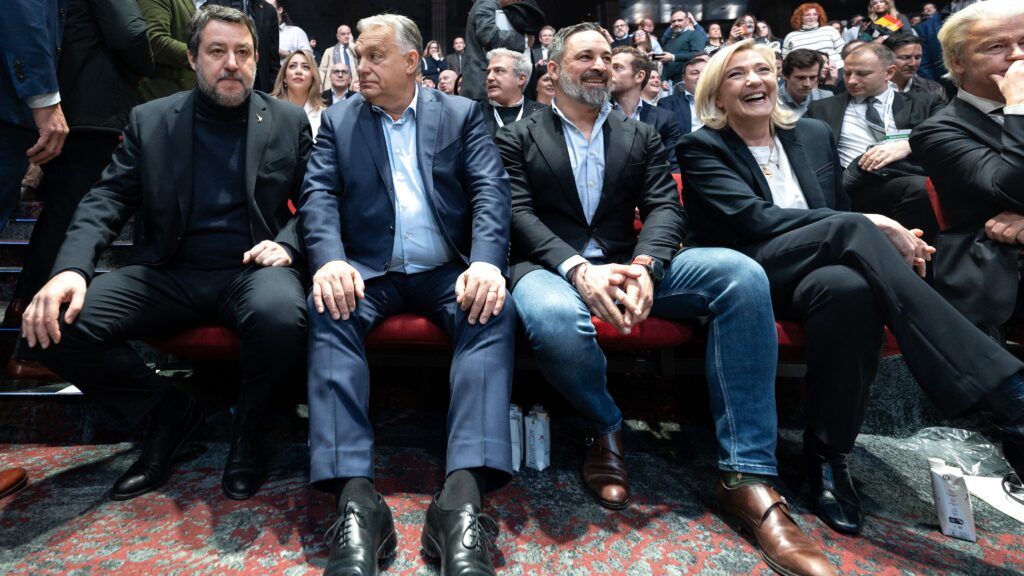
The Patriots for Europe face growing scrutiny over alleged ties to €4.3 million in misused EU funds linked to the dissolved ID group. As legal pressure mounts, critics argue the investigation reflects political bias and double standards within EU institutions, raising concerns about the impartiality of oversight bodies in Brussels.

At the SCO summit in Tianjin, leaders from Russia, China, India and beyond gathered to deepen trade ties, challenge Western influence, and promote a new Eurasian vision. With Europe largely absent, and figures like Modi, Putin and Xi taking centre stage, the summit signalled a significant shift in global power dynamics.
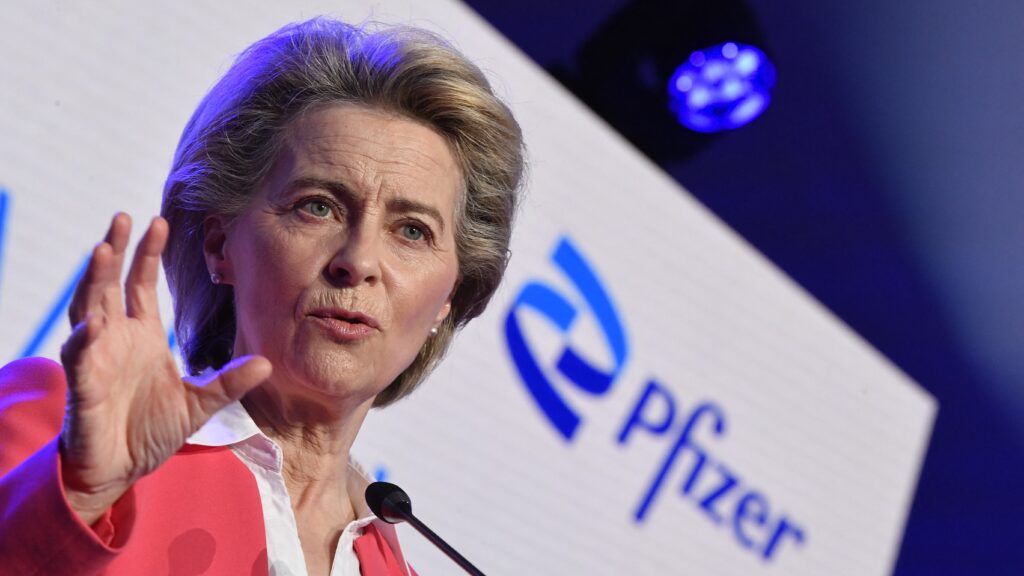
The European Commission’s failure to appeal the Court’s ruling in the Pfizergate case highlights ongoing transparency issues in the EU. Missing texts between von der Leyen and Pfizer’s CEO raise questions about accountability in vaccine negotiations—questions the Commission’s vague explanations have yet to answer.
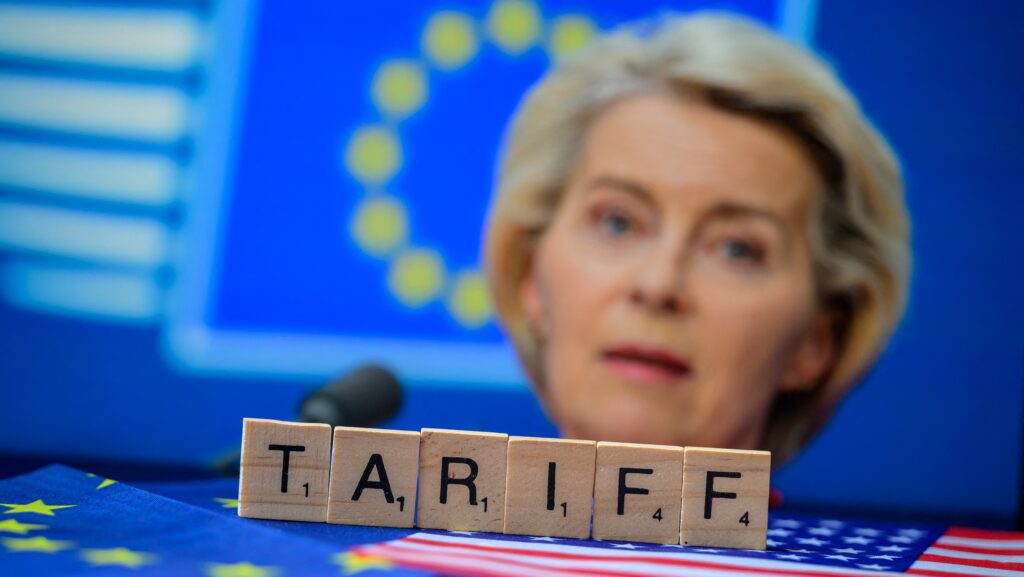
‘Critics of the deal highlighted that—although some ridiculed the UK in May for agreeing to 10 per cent tariffs with Washington—the post-Brexit United Kingdom managed to strike a more favourable deal with the US administration than the economically more powerful 27-member European Union.’
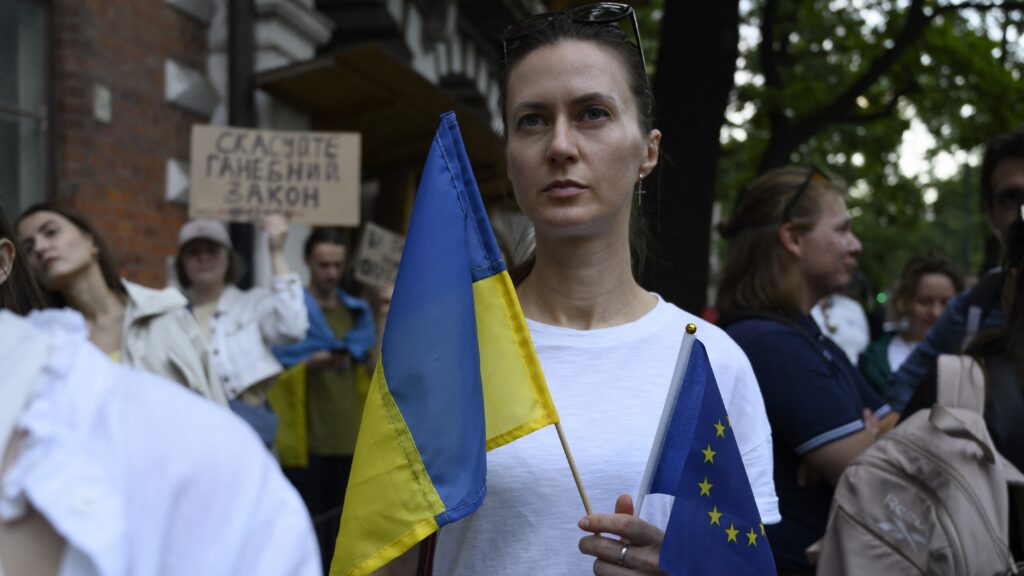
‘The EU accession of a country financially subjugated to Brussels would have far-reaching implications for the functioning of the Union. If Ukraine were to join the EU as a Member State, it would gain veto power in the Council, a Commissioner in the European Commission, and dozens of MEPs in the European Parliament—amounting to significant voting influence within EU institutions.’

The Council of Europe has raised alarm over widespread abuse by Ukrainian military recruiters. Days later, a Hungarian man allegedly died after violent conscription. With Brussels silent, Hungary is demanding answers—and questioning Ukraine’s readiness for EU membership.
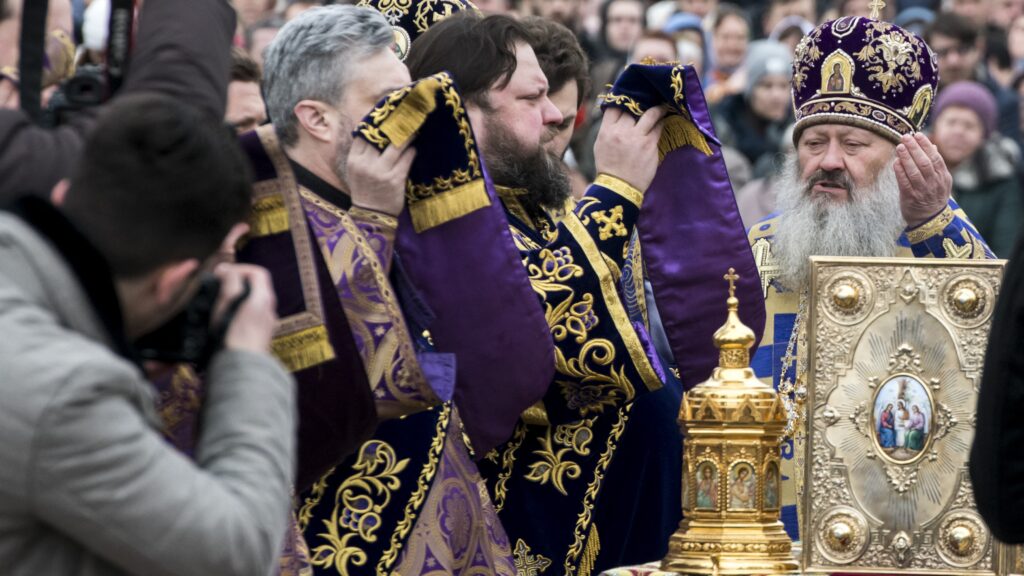
Ukraine’s decision to strip the leader of the Ukrainian Orthodox Church of his citizenship sends a disturbing message to Orthodox communities living in the EU, where Kyiv seeks to join.
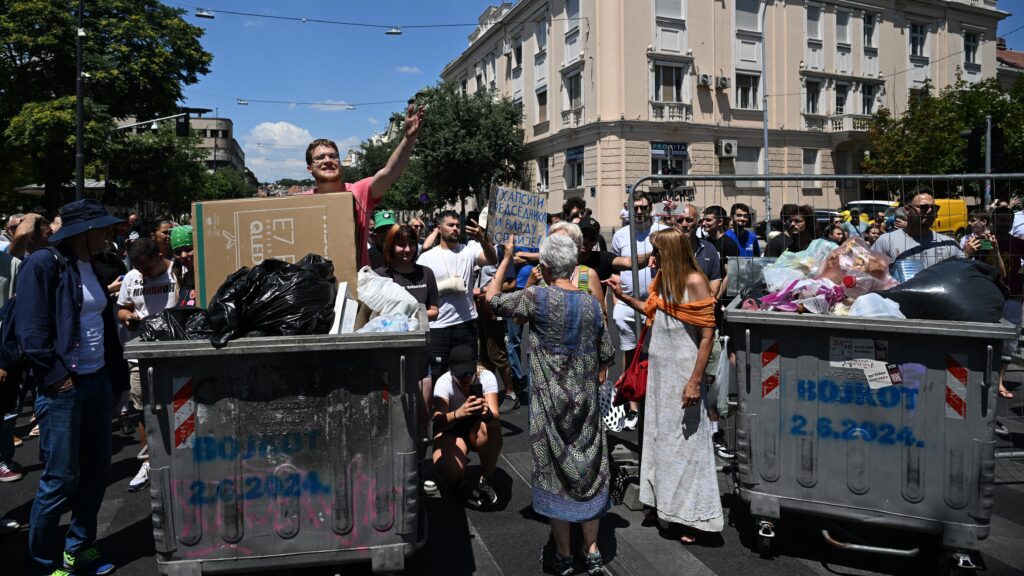
Protests in Serbia have continued since November, sparked by a deadly infrastructure collapse and growing anger at President Vučić’s government. As the EU backs protesters and withholds aid, Hungary defends Vučić, denouncing the movement as a foreign-backed attempt to destabilize the region.
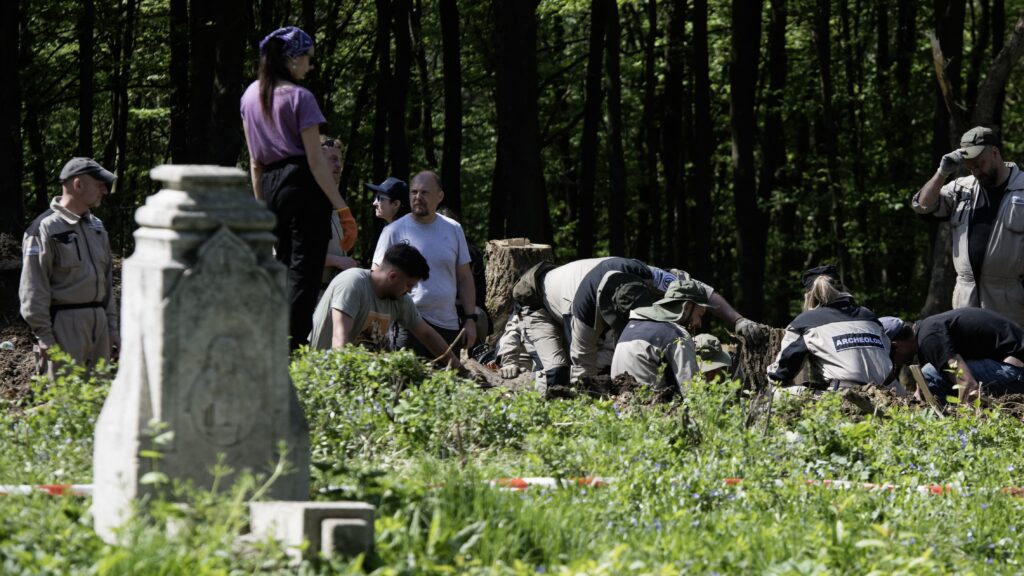
‘As a historian, much of Karol Nawrocki’s career—especially as President of the Institute of National Remembrance—was dedicated to studying the crimes committed against Poles during World War II. During his campaign and since, President Nawrocki emphasized multiple times that Ukraine must make concessions with regards to its memory politics.’
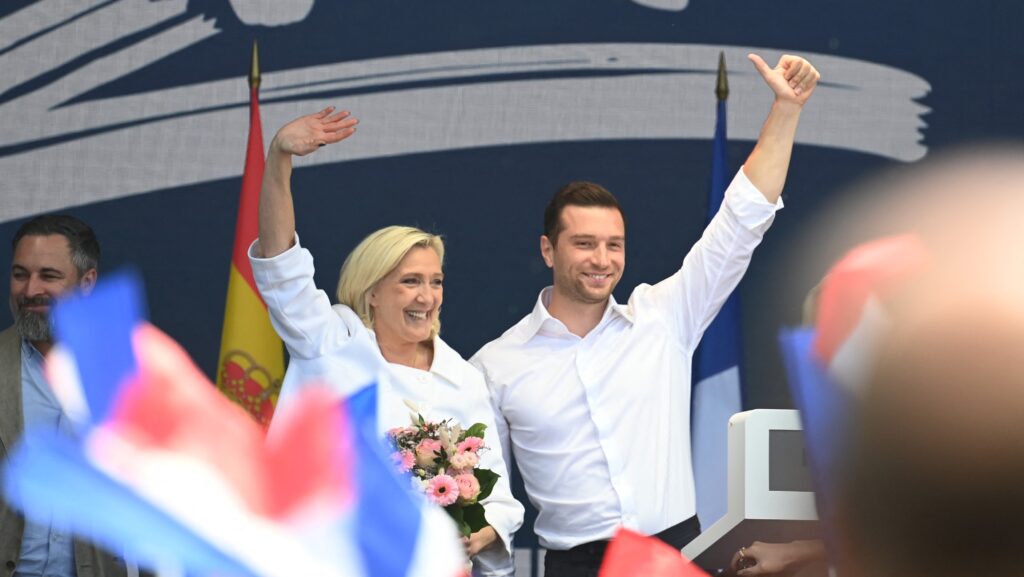
‘During the Leaders’ Summit in Fontainebleau on 8 June 2025, PfE heads issued a joint statement in which they “reaffirmed their desire to work together to make Europe a continent of power, peace and freedom once again.” Leaders expressed their concerns that the “failed policies” of Brussels harm the European economy and competitiveness, and as a result, Europe risks losing its global influence.’
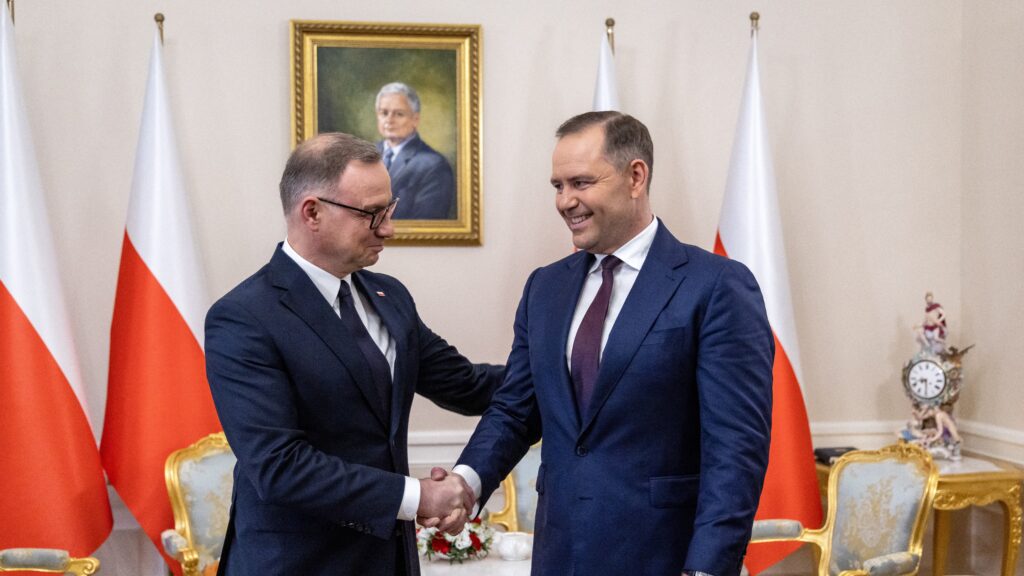
Karol Nawrocki’s presidential victory marks a conservative shift in Poland, raising tensions with Brussels and Kyiv. Backed by Law and Justice, Nawrocki is critical of EU influence and Ukraine’s NATO bid, while calling for historical accountability in Polish–Ukrainian relations.